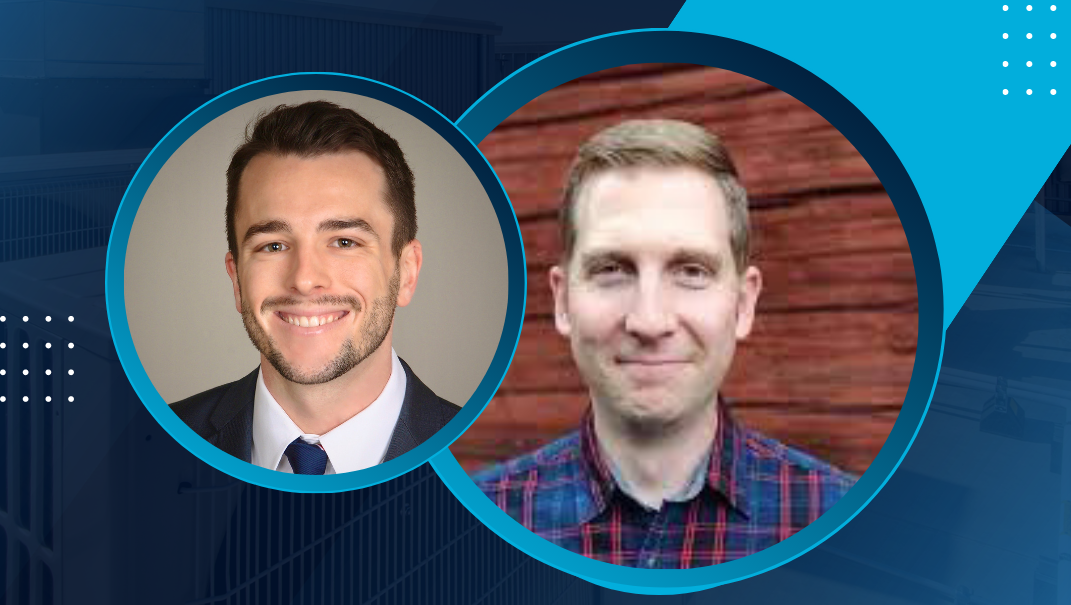Student Loans: Addressing the Elephant in the Room
Student Loans: Addressing the Elephant in the Room
June 15, 2023
Smart financial moves early in your career can make life easier at every stage of your career. But how do you make it all make sense? Just ask Tyler Olson, of Olson Consulting LLC. Host Chris Reilly, MD, MS, presents the first in a 2-part series. Let’s start with how to handle your student loans.
Host
Christopher Reilly, MD
Maimonides Medical Center Medical Education Fellowship
@docreilles | Instagram: docreilles
EMRA*Cast Episodes
Guest
Tyler Olson
Collaborative Financial Planning for Early-Career Physicians
IRS Enrolled Agent and Tax Advisor
Olson Consulting LLC
Podcast: Step 4 - Money
Free advice via DM: @olsonplanner
Group Learning (free) and Educational Course ($99): adviceresidency.com
Overview
Early-career financial planning can make all the difference for physicians, but there is no cookie-cutter approach. Smart financial planning focuses on your individual circumstances and goals, and financial guru Tyler Olson can help make sense of it all. He and host Chris Reilly walk through some common questions, pitfalls, and concerns regarding medical school loans in the first of a 2-part episode.
TAKE-HOME POINTS
- In March 2020, the COVID-related student loan pause took place, pausing all interest and payments for federal student loans.
- In June 2023, the decision to end the student loan pause was made; loan payments and interest will resume on federal loans at the end of August 2023.
- What do I think is important? Paying off loans right away or paying off over time?
- Net worth = what dollar value we possess - what dollar value we owe
- There are 3 aspects to a loan - interest rate, collateralization, and loan term.
- The higher the interest rate, the more urgency you should have to eliminate that debt (credit card debt).
- Budgeting means writing out income minus expenses, which equals either net negative or net positive.
- Prepare for the impending cost of loans to be built into your budget.
- If you chose an IDR prior to the pause, you will pay that amount monthly for the next 6 months after the pause ends in August AND if you had ZERO income at the time you chose your IDR plan, you will have ZERO dollars owed for those 6 months.
- If you are sticking with your federal loans, PICK AN INCOME-DRIVEN REPAYMENT PLAN or you will automatically be placed on the STANDARD REPAYMENT PLAN (10-year repayment of ALL loans), which means paying back a significantly larger percentage monthly!
- PSLF (120 payments til loan forgiveness) can happen for EM docs if you work directly for a non-profit or government hospital such as the VA or a University directly.
- REPAYE during training = benefit from interest rate reductions - unpaid interest on graduate loans 50% of unpaid interest is forgiven (4000 per year but interest expense is 20000 that means 16000 in unpaid interest - REPAYE would get rid of half of that.
- PAYE after training = your salary will be larger, so your payment will be larger, and if your monthly payment is larger, then it will be larger than interest accrued - no benefit from interest rate reduction.
- Pay off aggressively unless you can get a really low refinanced rate (1-3%).
Resources





